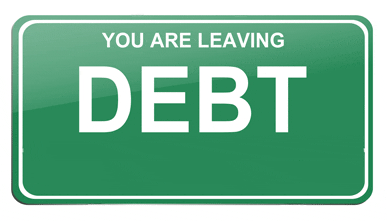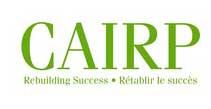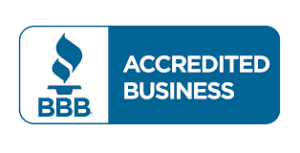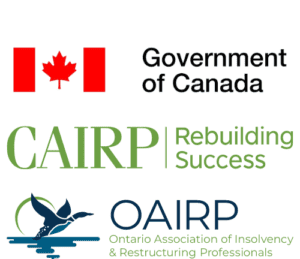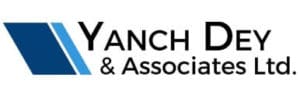A consumer proposal when you own a home is one of the best ways to deal with debt while protecting the equity you’ve built.
Unlike bankruptcy, a proposal allows you to reduce what you owe, stop interest, and keep your property without risking a forced sale. For homeowners, this creates stability and makes it possible to stay in your home while getting meaningful financial relief.
Homeowners often carry higher monthly expenses, and debt can create added pressure when combined with mortgage payments, property taxes, utilities, and repairs.

Consumer Proposals & Single Parents
A consumer proposal when you own a home is popular because:
- Your home is protected and cannot be seized to repay unsecured debts.
- Your mortgage stays in place and continues as normal.
- Your home equity remains yours, even if it has increased.
- Payments stay predictable so you can budget around your mortgage.
- You avoid bankruptcy, which can put home equity at risk.
This makes the proposal a strong choice for preserving long-term stability.
How Your Home Is Treated in a Proposal
One of the biggest advantages of a consumer proposal when you own a home is the protection it provides. The system treats your house as separate from your unsecured debts, meaning:
- Your mortgage lender is unaffected as long as payments stay current.
- No one can force the sale of your home to repay credit cards or other loans.
- Home equity stays untouched and does not increase your payment.
- Your proposal amount is based on your budget, not your property value.
- Future equity increases also remain fully yours.
For many homeowners, this provides peace of mind and confidence in choosing a proposal.
Debts That Homeowners Commonly Include
Many homeowners carry unsecured debts on top of their mortgage. These debts grow quickly and can cause financial stress.
A consumer proposal when you own a home allows you to include:
- High-interest credit cards used to cover household costs.
- Lines of credit, including home-related revolving accounts.
- Tax debt and CRA balances related to self-employment or past filings.
- Bank loans for renovations, repairs, or emergencies.
- Medical, dental, or unexpected expenses placed on credit.
Everything is consolidated into one affordable payment.
What Happens to Your Mortgage in a Proposal
Homeowners often worry their mortgage will be affected, but the process is simple.
During a proposal:
- Your mortgage continues normally without disruption.
- Your lender does not vote on your proposal.
- Mortgage renewal is still possible with many lenders.
- Mortgage arrears must be handled separately, but unsecured debt reduction frees up cash flow.
- Current interest rates have no impact on your proposal terms.
Reducing your unsecured debt often makes it easier to manage homeownership long term.
When a Proposal Makes Sense for Homeowners
A consumer proposal when you own a home is usually the best option when:
- Your home is your biggest asset and you want to protect it.
- Unsecured debt payments are taking away money from your mortgage.
- Interest rates or rising costs have strained your monthly budget.
- You can afford a proposal payment but not your current debt load.
- You want to avoid bankruptcy because of home equity risk.
For many homeowners, a proposal is the only option that offers real debt reduction without sacrificing their home.
This consumer proposal calculator shows an approximate of how much you could save.



